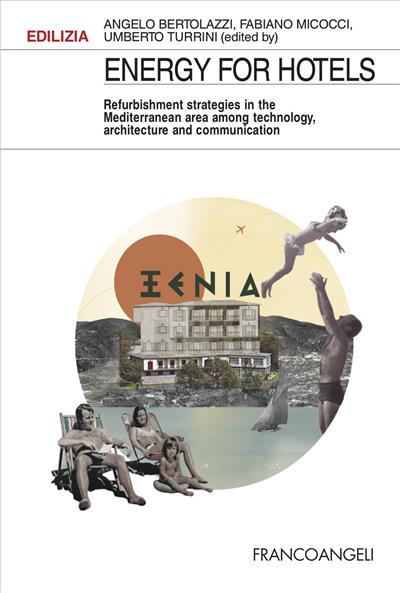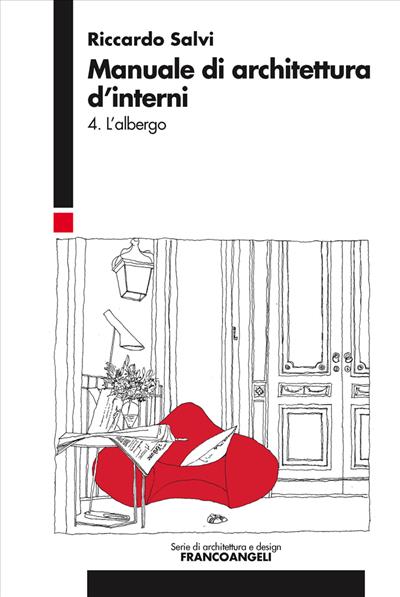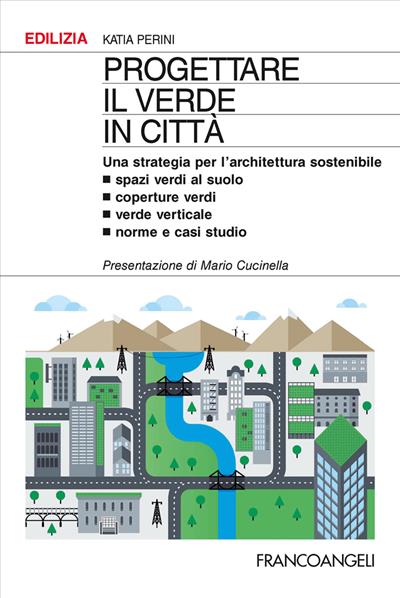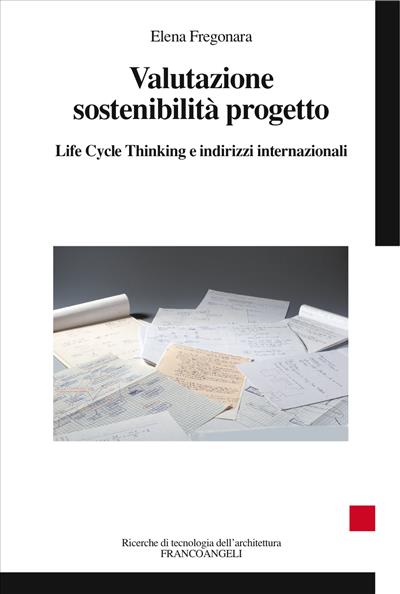
A cura di: Angelo Bertolazzi, Fabiano Micocci, Umberto Turrini
Energy for hotels
Refurbishment strategies in the Mediterranean area among technology, architecture and communication
The volume challenges the topic of the hotels energy refurbishment as a flywheel for the upgrade of the building stock in the Mediterranean countries, focusing on the regions of Veneto (Italy) and Central Macedonia (Greece). The hotels energy refurbishment topic was the pretext to widen the interest towards the crucial role of architectural design of touristic facilities in the Mediterranean region. The project studied new touristic models to face the actual climatic and energetic crisis.
Pagine: 266
ISBN: 9788835145509
Edizione: 1a edizione 2022
Codice editore: 445.34
Disponibilità: Buona
Pagine: 266
ISBN: 9788835150565
Edizione:1a edizione 2022
Codice editore: 445.34
Possibilità di stampa: No
Possibilità di copia: No
Possibilità di annotazione: No
Formato: PDF con DRM Readium LCP




